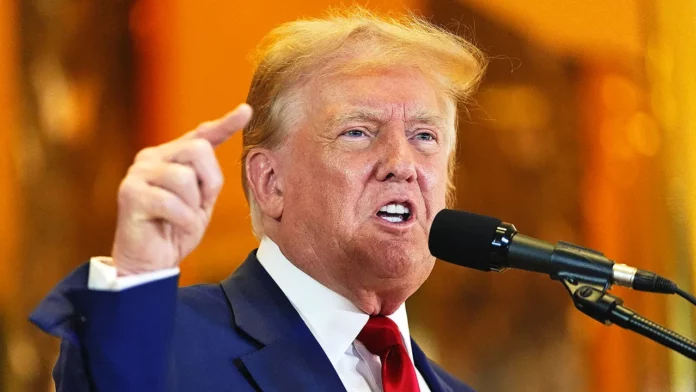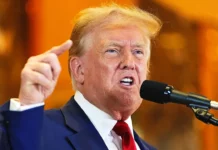In a move that’s sending ripples through global trade circles, the United States has announced a new 10% tariff on exports from Ghana, effective April 5.
This latest decision is part of a sweeping economic strategy introduced by President Donald Trump under what he calls a “national economic emergency.”
Alongside the tariff on Ghanaian goods, the U.S. is also imposing:
• A 34% tariff on imports from China
• A 20% tariff on goods from the European Union
While the stated aim is to shield American industries from foreign competition, the broader impact on trading partners like Ghana is now under scrutiny.
Why the Tariffs?
According to President Trump, the tariff regime is about more than just trade—it’s about restoring fairness and balance to the U.S. economy. From the White House Rose Garden, he explained that the policy is designed to:
• Boost American manufacturing and reduce dependency on foreign products
• Counter years of what he calls economic exploitation by global partners
• Create jobs and revitalize the U.S. economy
“These tariffs are not just about trade—they are about fairness,” Trump emphasized.
How Will This Affect Ghana?
The 10% levy on Ghanaian exports is raising concerns among local businesses and trade analysts alike. Ghana’s top exports to the U.S.—including gold and gas—may be exempt from the tariff increases, but uncertainty remains for other goods.
Key concerns include:
• Increased costs for businesses reliant on U.S. markets
• Potential drop in competitiveness of Ghanaian products abroad
• Slower economic growth if new trade routes or partnerships aren’t established
What’s Next for Ghana?
To mitigate the fallout, Ghanaian policymakers and businesses are being urged to:
• Closely monitor how the tariffs impact export performance
• Diversify trading partners to reduce dependency on the U.S. market
• Engage in diplomatic and trade negotiations to protect Ghana’s economic interests
Despite the new trade restrictions, U.S. officials have reiterated that Ghana remains a valued partner. The coming months will likely reveal how resilient that partnership is—and how Ghana adapts to the evolving global trade landscape.













